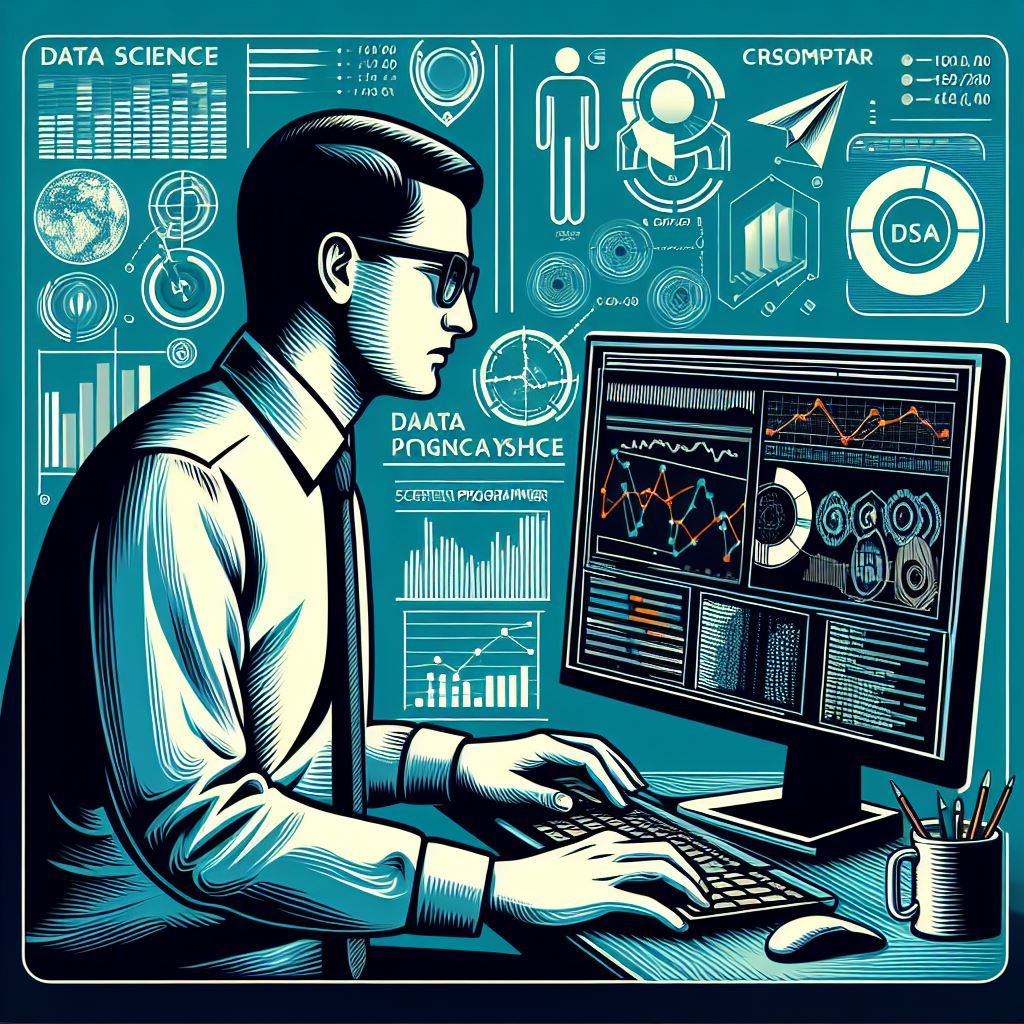Home automation has evolved significantly over the years, and with the advent of Machine Learning (ML) and Artificial Intelligence (AI)-powered devices, the future of smart homes looks more promising than ever. These technologies are transforming how we interact with our living spaces, making them smarter, more efficient, and personalized to our needs. This article explores the benefits and applications of ML and AI in home automation, highlighting how they improve comfort, security, energy management, and overall quality of life.
Machine Learning in Home Automation
Machine Learning, a subset of Artificial Intelligence, enables devices to learn from data and improve their performance over time. In home automation, ML algorithms are used to analyze user behavior, adapt to patterns, and make real-time decisions to optimize the home environment. For instance, a smart thermostat powered by ML can learn your heating and cooling preferences over time, adjusting the temperature automatically to match your schedule. Similarly, ML can optimize energy consumption by managing lighting and appliances, reducing waste, and lowering utility bills.
AI-Powered Smart Security
AI plays a crucial role in enhancing home security through smart surveillance systems. AI-powered cameras and sensors can identify faces, detect unusual activity, and even differentiate between pets, people, and objects. Machine learning algorithms analyze footage to detect potential security threats and send real-time alerts to homeowners. These devices continuously improve their accuracy by learning from past events, ensuring a higher level of security without constant manual intervention.
Smart Lighting and Appliances
AI-powered lighting systems and appliances contribute to a more efficient and user-friendly home automation experience. Smart lighting, for example, can adjust its brightness and color based on the time of day, user preferences, and even the presence of people in the room. Similarly, AI-powered refrigerators can track food inventory, suggest recipes based on available ingredients, and even notify you when it’s time to reorder groceries. These devices enhance convenience, saving time and effort while improving energy efficiency.
Voice Assistants and AI Integration
Voice assistants, such as Amazon Alexa, Google Assistant, and Apple Siri, are central to home automation, allowing users to control various devices through simple voice commands. These AI-powered assistants are continually improving, thanks to Machine Learning algorithms that allow them to understand context and personalize interactions. For example, AI-powered voice assistants can recognize different household members and tailor responses based on individual preferences. As these systems evolve, they will become even more integrated with other smart devices, creating a seamless and intuitive home automation experience.
Predictive Maintenance and Health Monitoring
One of the most exciting applications of AI and ML in home automation is predictive maintenance. By continuously monitoring the performance of home appliances and systems, AI-powered devices can predict when maintenance is required, helping homeowners avoid costly repairs. For instance, a smart washing machine could alert you when its components are wearing out, preventing breakdowns. Additionally, AI-powered health monitoring systems can track your well-being by analyzing data from wearable devices and environmental sensors, providing personalized health recommendations to improve quality of life.
Conclusion
Home automation powered by Machine Learning and Artificial Intelligence is revolutionizing the way we live. These technologies offer increased convenience, enhanced security, energy efficiency, and personalized experiences. As smart devices continue to evolve, the future of home automation will be even more integrated, intuitive, and beneficial for homeowners. Embracing these innovations not only improves the functionality of your home but also paves the way for a smarter, more sustainable future.
5
